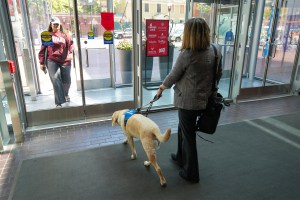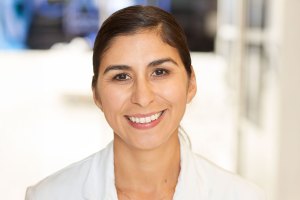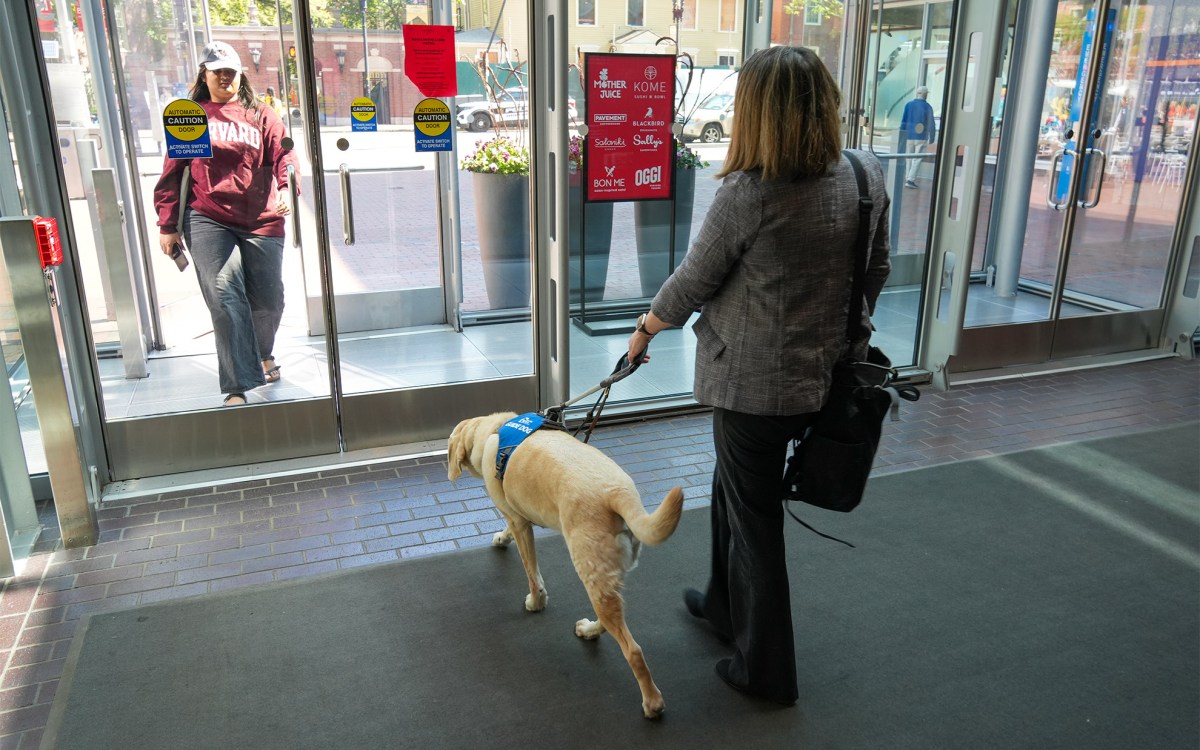City leaders, University unite to improve local education:
Harvard hosts Cambridge elected officials and senior managers
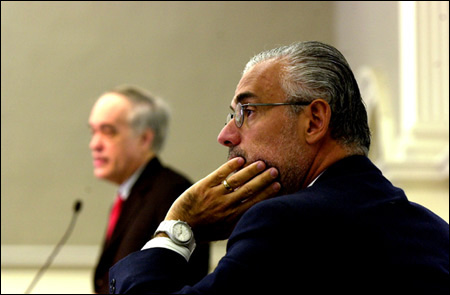
Cambridge city employees joined top faculty from Harvard’s Graduate School of Education (GSE) on Wednesday (March 12) for a daylong professional development session that united town and gown in the common goal of improving education for the city’s youth and families.
The third annual Senior Executive Program hosted by Harvard for Cambridge elected officials and senior managers, the program shared some of the GSE’s most recent and relevant research by its top faculty with those who are in positions to implement it.
The presentations – by Professor Marcelo Suárez-Orozco on immigration, by Professor Richard Murnane and Timothy E. Wirth Professor in Learning Technologies Chris Dede on the economic impact of technology-based skills, and by Professor of Education Kathleen McCartney on literacy, among others – resonated with attendees as valuable, whether or not they were directly involved with education.
“So many decisions in education are political,” said Tim Groves, principal of the King Open School.
As an educator and GSE alum, however, Groves was drawn to the educational content of the program. “These are people whose work I knew about, so I knew that having people like this presenting, it would be a good program,” he said, adding that he was particularly intrigued by Murnane’s discussion of the kinds of skills needed for higher order thinking.
Paul Ryder, director of recreation, called Suárez-Orozco’s presentation on immigration “astounding.”
“We’re fortunate to work in the city of Cambridge and to be able to take advantage of this research,” he added.
Changing nation, changing Cambridge
Suárez-Orozco, Victor S. Thomas Professor of Education and co-director of the Harvard Immigration Project, shared the first session with Professor of Education and Social Policy Gary Orfield, co-director of Harvard’s Civil Rights Project, to present up-to-the-minute data and analysis on immigration nationwide and at home.
“The issues we are facing in the city of Cambridge today are part of a global dynamic,” said Suárez-Orozco, citing U.S. Census statistics released this week that say there are now 32 million immigrants in the U.S., more than half of them from Latin American countries. The United States has the second-largest Latino-origin population in the world, he said.
Further, immigration seems to be recession-proof and war-proof: contrary to speculation, immigration to the U.S. has not dropped off since Sept. 11.
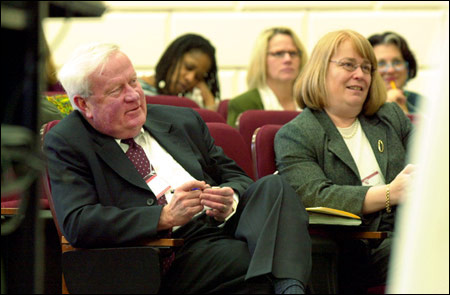
“Immigration is our history and it is our destiny,” he said. “Immigration is the future of the United States.”
Orfield, whose Civil Rights Project studied Cambridge Rindge and Latin School, localized Suárez-Orozco’s statistics. He sounded an alarm that Cambridge’s housing market, extremely expensive at one end of the spectrum with a large stock of subsidized housing at the other, is in danger of creating a bipolar community, where race and class are tightly linked.
In addition, he said, political and school reform initiatives such as the repealing of bilingual education and the high-stakes MCAS (Massachusetts Comprehensive Assessment System) test bear negative consequences for the region’s increasingly diverse school population.
Murnane, the Juliana W. and Richard Foss Thompson Professor of Education and Society whose research focuses on the relationship between education and the economy, showed how technology-driven changes in the economy over the past 30 years have widened the earning gap between the lowest-paid and best-paid workers. Computers are not entirely to blame, he said, although they are automating many tasks formerly done by blue-collar and administrative workers.
The challenge to educators, he said, is to develop the higher order skills like pattern recognition and complex communication that computers cannot do. Math and literacy are more important than ever, but learning must go beyond simple memorization and recitation of facts.
“Students need to know facts, but they need to understand how the facts fit together,” he said.
In a lively post-lunch session, Senior Lecturer of Education Katherine Merseth deftly guided the city officials through a case study, a teaching tool used often at the GSE, as well as at Harvard’s other professional schools, notably the Business School.
After reading about Laurie, an overwhelmed first-year teacher struggling to help an immigrant student in an unsupportive school culture, the audience probed the issues and problems that faced Laurie. Similarities between Laurie’s case at a large urban school and those facing Cambridge Rindge and Latin School were not lost on the audience, who turned the discussion to some of the issues they’re grappling with close to home.
The case illustrated how, as public institutions and social support systems falter in the face of budget cuts, schools are increasingly being asked to take up the slack.
‘We’re in this ship together’
The event, a joint project of the Graduate School of Education and Harvard’s Office of Government, Community and Public Affairs, was hosted by GSE Dean Ellen Condliffe Lagemann, who noted that it served the GSE’s goals as it provided professional development for city executives.
“It’s a great opportunity for us to talk to some of the people in Cambridge about the work we’re doing that’s relevant to some of the challenges they’re facing,” said Lagemann. “The Ed School needs to get more of its research out the door. We need to get our research connected to practice.”
The heads of both town and gown – Cambridge Mayor Michael Sullivan and Harvard President Lawrence H. Summers – also noted the symbiotic relationship between the city and the University and were optimistic about moving forward together.
“If things work out well for Harvard in terms of its objectives … that’s a very good thing for Cambridge, in terms of the economic power that’s attracted to Cambridge, in terms of the people who live here,” said Summers, speaking of “coopetition” between Harvard and Cambridge. And the success of Cambridge, particularly the education of its youth, is of central importance to Harvard, he said.
“We’re all in this ship together,” said Sullivan. “There are mutual interests and they’re not always divergent.”

